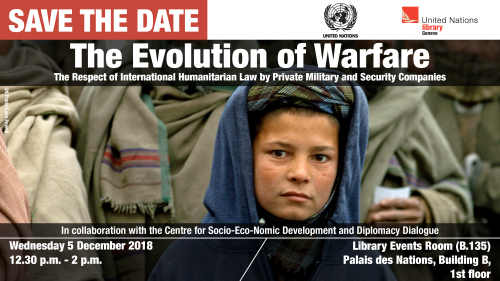
Tuesday, 23 May 2017 - Concept Paper, CSEND, Geneva
Ageing is a natural phenomenon of the life course. Societies have various ways in dealing with their respective senior members. However, human societies have seen an unprecedented age bonus with an extended life expectancy into the 80’s. Number of people who are older than 60 years of age reached 901 million in year 2015, constitute 12.3% of the total worldwide population. By 2050, it was forecasted that this number will reach 2.09 billion worldwide. This has changed the demographic distribution of populations and the demand patterns for public services.
Distribution of the senior population is pretty uneven correlating with the wealth of individual countries. Presently, most of the advanced economies have 20-29% of the population older than 60 years of age. By 2050 African countries are the only ones enjoy a youth bonus while the rest of the world are greying fast (UNDESA, 2015). Rapid depletion of the workforce of 25-55 age group is a major cause of rethinking, especially in the area of age, productivity, and human rights nexus.

Wednesday, 16th June 2016
The Sustainable Development Goals (SDGs) will be implemented from 2016 to2030. SDG 4 focuses on education. What should be the policies and means to achieve SDG 4 (education)? ; Should education mostly increase a country’s productivity, economic growth, national competitiveness and make school and university leavers better fit for the labour market? Should education be considered a private or public good available free of charge or be based on fee-paying tuition? If so, what about non-market educational goals such as conveying a sense of ethics, citizenship, human rights and democratic principles? These important questions were debated by speakers with many years of professional experience in the educational field in developed and developing countries.

Tuesday, 26 January 2016
People are at the core of organizations whose mission is to deliver aid, through local communities working to generate income, and through national and International leaders working to shape policies and create good governance. At various levels, these interventions aim to lift people and communities out of poverty and ensure a decent standard of living. Participants were invited to get an insight into the new field of Humanitarian Work Psychology (HWP), which, through the scientific study of the workplace, offers expertise about the well-being and performance of people in their work environment.

Thursday, 25 June 2015
The discussions on the Sustainable Development Goals (SDGs) make 2015 a special year.The SDGs chart a new course in numerous ways: they are being elaborated in a far more inclusive manner than previous goals, they define objectives for countries at all levels of development, and their realization will require much higher levels of investment. This means that they concern all of us. So what role can private development assistance - which amounts to $50 billion a year - play in that context and what is it that we can do as individuals?

